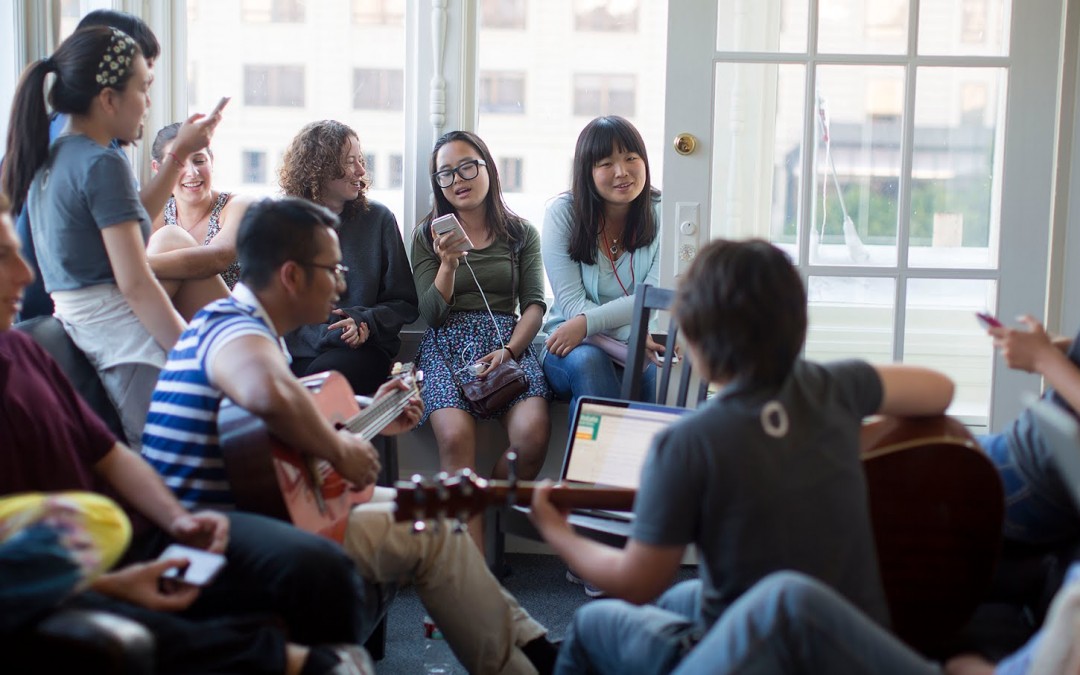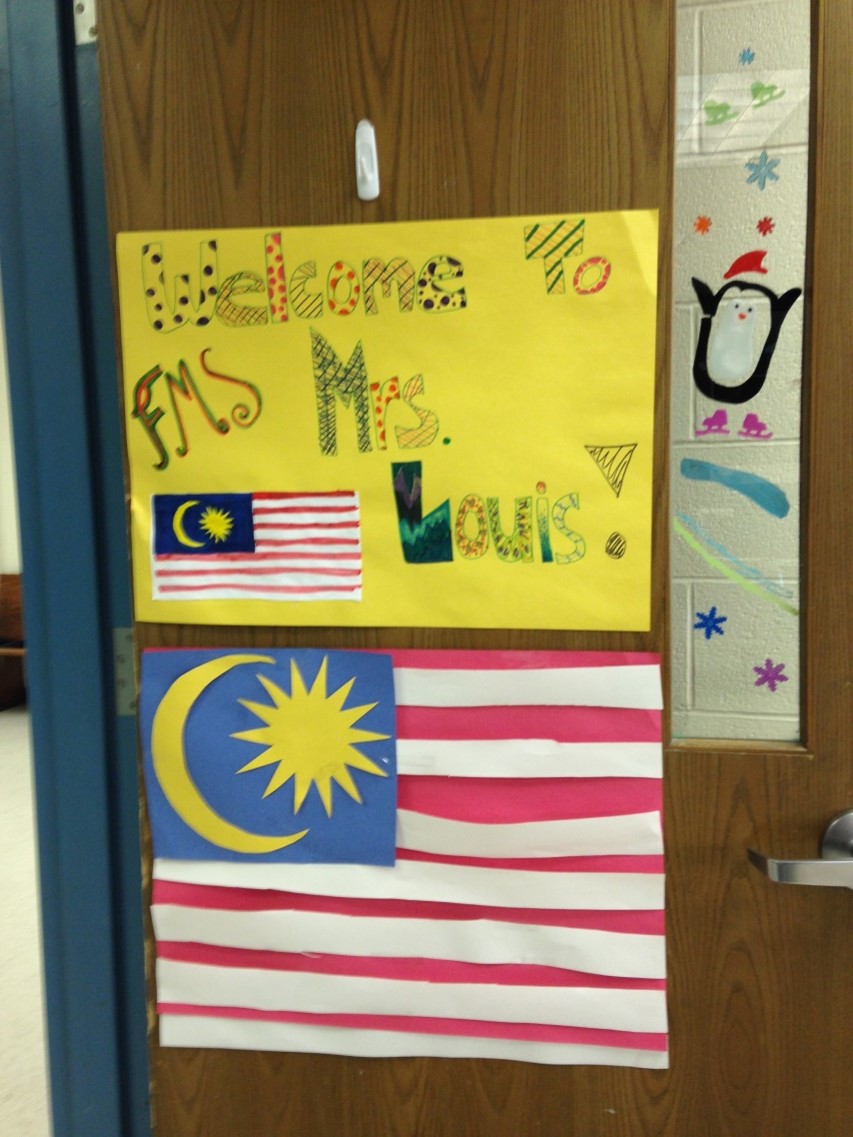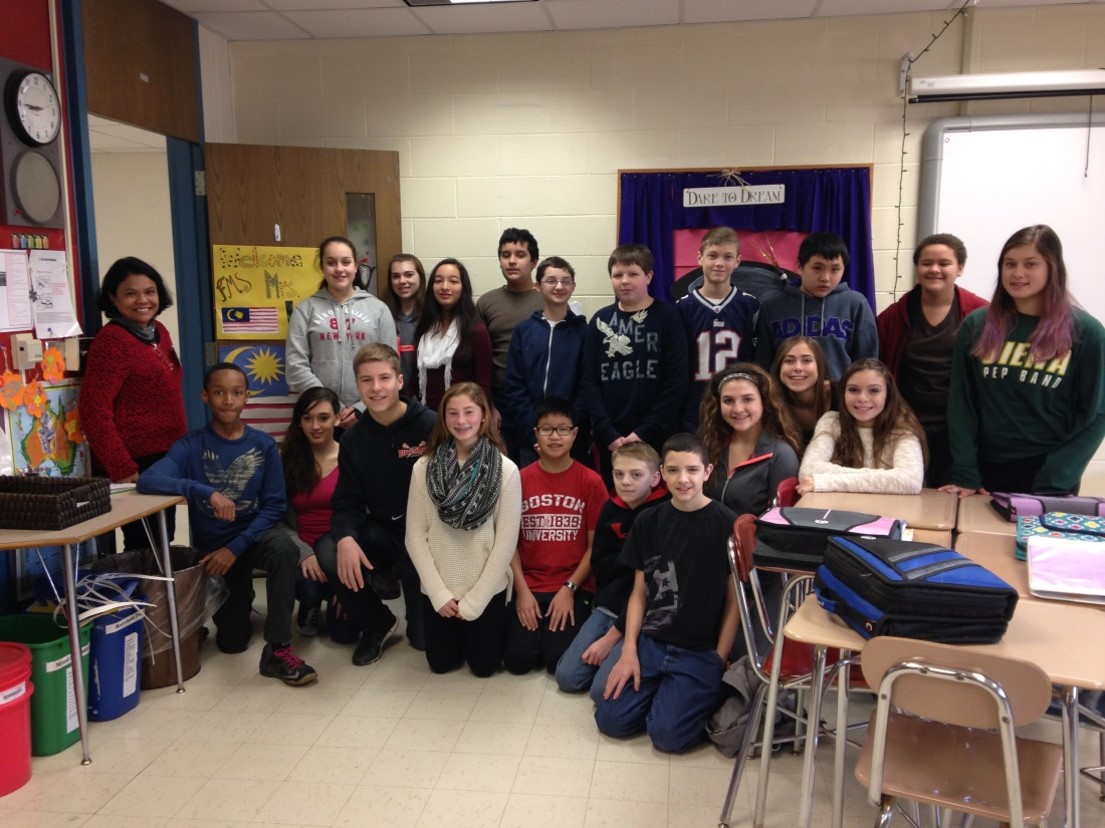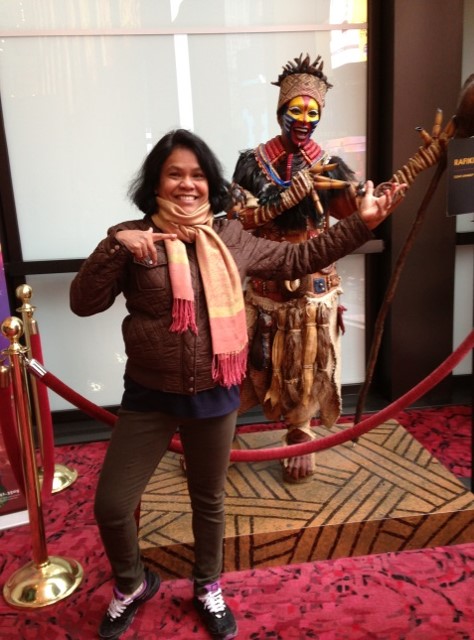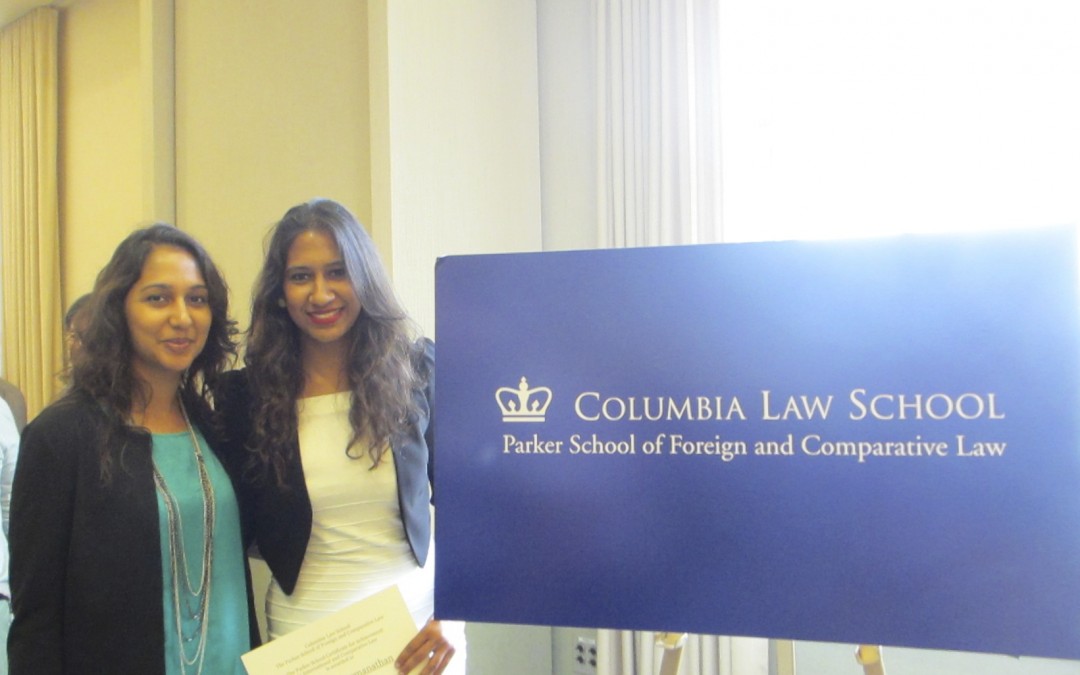
The Fulbright Focus: Sharanya Premanathan
VOX.MK speaks to Sharanya Premanathan on her experience in New York as a Fulbright Scholarship recipient.

US law schools seemed so unattainable to me … as they seem to be expensive, elite, competitive and far away.
Sharanya graduated from Columbia Law School in New York having completed her Master of Laws (LLM) in 2014 as a Harlan Fiske Stone Scholar and recipient of the Parker School Certificate for Achievement in International and Comparative Law.
She has practiced as a corporate lawyer in Kuala Lumpur in the area of intellectual property, financial services and corporate/commercial law, and is back in Malaysia passionate to use her legal knowledge and skills in impactful work that inspires her.

The legal profession … is a continuous legal education – you are always being kept on your toes following the latest laws, cases and commentaries. A lot of what is important in law reflects what is going on in the world.
Well travelled from young
Sharanya’s childhood was an interesting one as her father was working in the Merchant Navy – unlike most children, she had the opportunity to travel extensively during her younger days.
This well-timed exposure ensured that Sharanya could nurture the confidence needed to fit in anywhere she wanted.
There was never a sense of fear of the unknown but a deep curiosity and sense of adventure about the world.
Sharanya feels fortunate to have a thoroughly supportive family as she was made to believe that all opportunities are accessible if she could ‘unlock her own potential’.
In spite of her privileges, she was taught to be grateful for her opportunities, to not feel entitled, and to work hard for what she wanted.
And work hard she did, eventually graduating from Gray’s Inn as a Barrister. As a student, she spent most of her holidays interning in Singapore, the UK and KL. She promptly returned to Malaysia to practice as an Advocate & Solicitor, working in IP, financial services, and corporate/commercial law.

A passion for humanitarian causes
Whilst working full time as a lawyer in 2011 – 2013, she continued to stay involved in community service projects. Sharanya is passionate about access to education, especially for impoverished communities.
Some of the things she has done included providing free tuition classes at a local primary school to students who could barely read or write in English and did not have literate parents to help them or funds to pay a tutor outside of school.
The effusive assistance and encouragement from Deepa was the turning point for Sharanya as she made the jump. Deepa also had the networking prowess and introduced Sharanya to other Fulbright alumni who helped encourage her during what she calls an otherwise ‘long and overwhelming process’.
Her successful application saw her being accepted into the Fulbright Scholarship Program, enrolling in none other than the prestigious Columbia Law School in New York.
Law School Part II
Attending an Ivy league law school and living in New York City was like having a (few) dreams come true!
Sometime in 2013, she learnt of the Fulbright programme through Fulbright alumni and lawyer Deepa Nambiar. Having thought for some time about pursuing a Masters, Sharanya had looked at various scholarships to top universities in the world, and would not settle for less than a top 10 university.

LLM at Columbia
The Masters of Law (LLM) at Columbia Law School is an intensive one-year programme over two semesters. She did not intend to specialise, but instead, to diversify her legal knowledge base, and was allowed to tailor her course to suit her professional and academic interests. Although US law strictly is not applicable in Malaysia, some courses she opted for covered a variety of international laws and policies, which are relevant here.
As Malaysian regulations and enforcement develops, I felt it was useful to understand and learn about the US laws for instance in the area of US securities laws or New York environmental laws.
The Fulbright experience has made me acutely aware of the common humanity that binds us and made me more confident in reaching out to people from various backgrounds.
She felt that the level of debate and discussion in such a global classroom was also elevated, which was truly valuable due to the aggregation of shared, global views.
Her classes at Columbia were eye-opening experiences, and soon after completion, she was exposed to negotiations, foreign diplomacy, world affairs, intergovernmental negotiations and cultural exchange when she interned at the Malaysian Mission to the United Nations at the UN headquarters in New York.
The stint overseas has helped me broaden my horizons to a global perspective in a very real way. I learnt to ask questions and be resourceful in seeking answers. Being surrounded by such highly motivated people in the pursuit of knowledge and executing their projects really inspired me to never ‘settle’ for mediocrity or to accept a situation because this is how it is always done
Invaluable trans-national experience
The programme allowed Sharanya the opportunity to collaborate with people from various cultures in course work, social events and cultural shows. To her, this provided an invaluable lesson in focusing on what unites people – and how differences could be utilized in a mutually beneficial way to reach a common goal.
By working with the local community in New York, she learnt a great deal about the unique struggles of disadvantaged communities in the developed world.
Currently, she is in talks about certain projects in the area of access to education and assistance to refugees that is in the very early stages. Meeting with other Fulbright Alumni and hearing about the initiatives that they are pursuing locally inspires her to do more.
The Fulbright experience has made me acutely aware of the common humanity that binds us and made me more confident in reaching out to people from various backgrounds.
Words of Advice
Graduate education in the US allowed Sharanya to be exposed to a lot of instructive, intelligent and welcome debates between students and lecturers that encouraged and inspired the seeking of knowledge and dispelled ignorance.
She believes this is a positive thing, especially so when it concerns the Asian mentality, where sometimes it is considered impolite or disrespectful to question authority or teachers.
… never compare your own background with someone else’s and assume certain opportunities are not available to you because you do not fit a ‘profile’.
Having successfully gone through the program and her successes in life, Sharanya has a (few) words of advice:
“Firstly, never compare your own background with someone else’s and assume certain opportunities are not available to you because you do not fit a ‘profile’.”
“Secondly, try and aim for seemingly unachievable goals. The Fulbright program in particular encourages a wide range of study objectives.”
“Thirdly, stay constantly intellectually stimulated by talking about issues that matter to you.”

Jamilah Lim
Writer
Jamilah cares deeply about the human condition. A humanist, skeptic and feminist, she is a proponent of both human and animal rights. An avid gamer, she lives somewhere in PJ with her two cats and plays Dota 2 in her free time.

